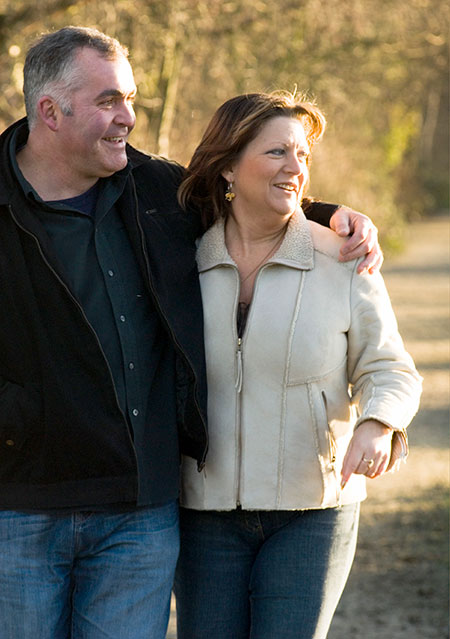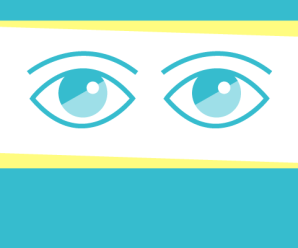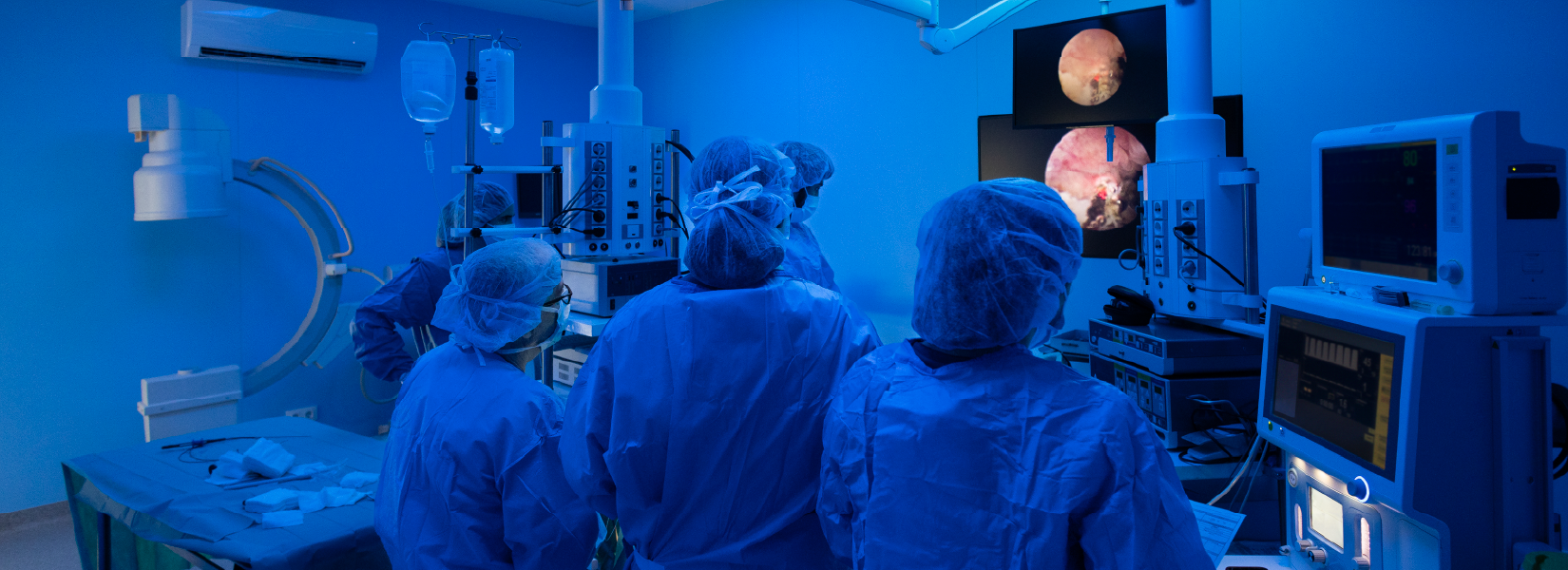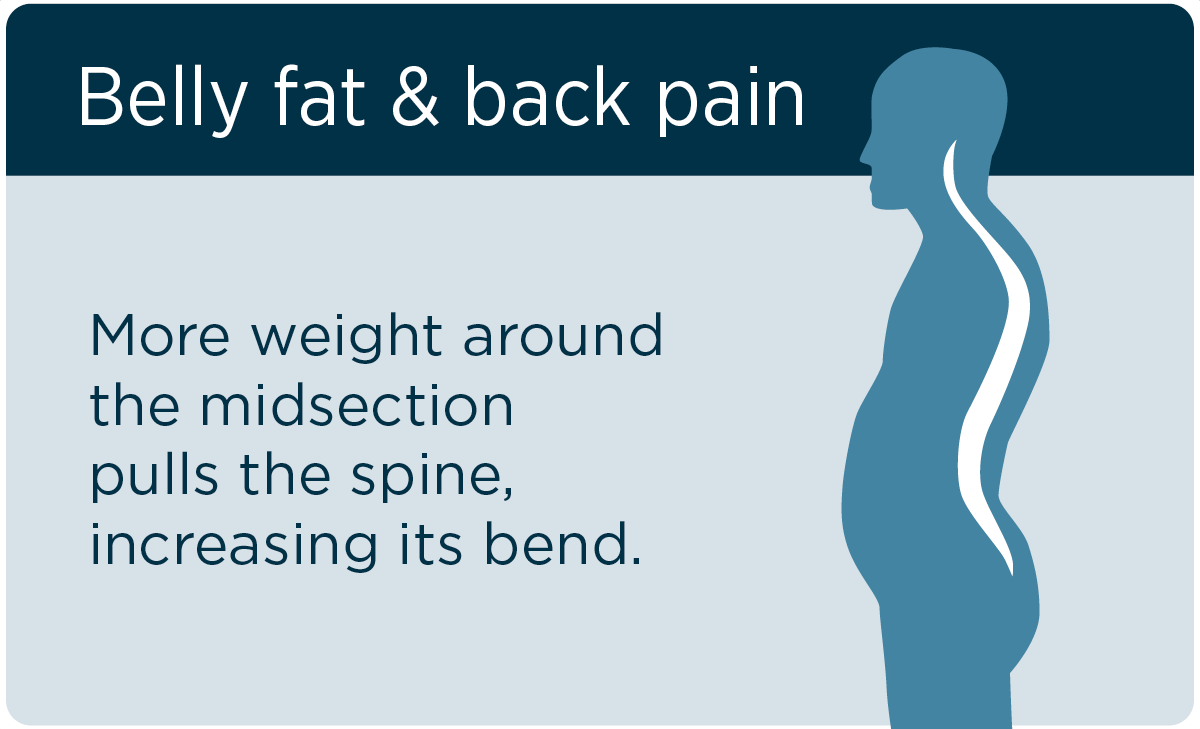
Spinal discs, which sit between vertebrae and act as shock absorbers in the back, are kind of like jelly donuts. They “have a tough, fibrous outer layer and a gel-filled center,” said Dustin Hess, a Marshfield Clinic Health System certified physician assistant in orthopedic surgery. There are 23 discs that cushion the vertebrae from head to pelvis.
A disc herniates when a weak point in its exterior ruptures, causing the gel center to push through the tough outer layer. Unfortunately, the comparison between spinal discs and jelly donuts is strictly visual. When filling leaks out of a jelly donut, the result is delicious. However, when gel leaks from a spinal disc and pushes on the nerves, the result is pain.
“A herniated disc leads to pressure on, and irritation of, the nearby nerves that exit the spine and supply the rest of the body,” Hess said.
Uncomfortably numb
“The symptoms associated with a herniated disc depend on the location of the herniation,” said Dr. Nikhil Shelke, Marshfield Clinic Health System spinal orthopedic surgeon. “So, with a herniated disc in the low back, which is the most common location, you’ll often experience symptoms in the buttocks and legs. If you have a herniated disc in the neck, you’re more likely to feel symptoms in your arms and shoulders.”
Symptoms include back or neck pain; numbness, tingling or weakness in the body parts affected by the herniation; and pain radiating up and down the legs or arms. Dr. Shelke said that if you have pain radiating in river-like patterns down your legs, be sure to pay attention to where the pain ends. “That description can help your provider pinpoint where the herniation may be,” he said.
What causes a herniated disc?
Hess said as people age, discs become less flexible. As discs become less flexible, they are more likely to rupture. Lifting with poor technique, being overweight and repetitive stress also can cause herniation.
“Anyone can get a herniated disc, from manual laborers to those in a desk job,” explained Dr. Shelke. “Most often, they are caused by repeated strenuous activity or repeated stress in an abnormal fashion.”
Treatment
Herniated discs often will resolve on their own within 6-12 weeks, and surgery is rarely needed.
“Initially, conservative treatment is best,” Hess said.
Conservative treatment includes controlling pain with over-the-counter medication and physical therapy. Dr. Shelke said that because herniated discs often occur because of an abnormal function of the muscles, it is important to strengthen the legs and lower back. Physical therapy can help to learn and practice proper movements.
Although herniated discs often resolve themselves, Dr. Shelke stressed that it is still important that you see your doctor if you have any new pain that is more severe than what is normal for you.






Leave a Reply